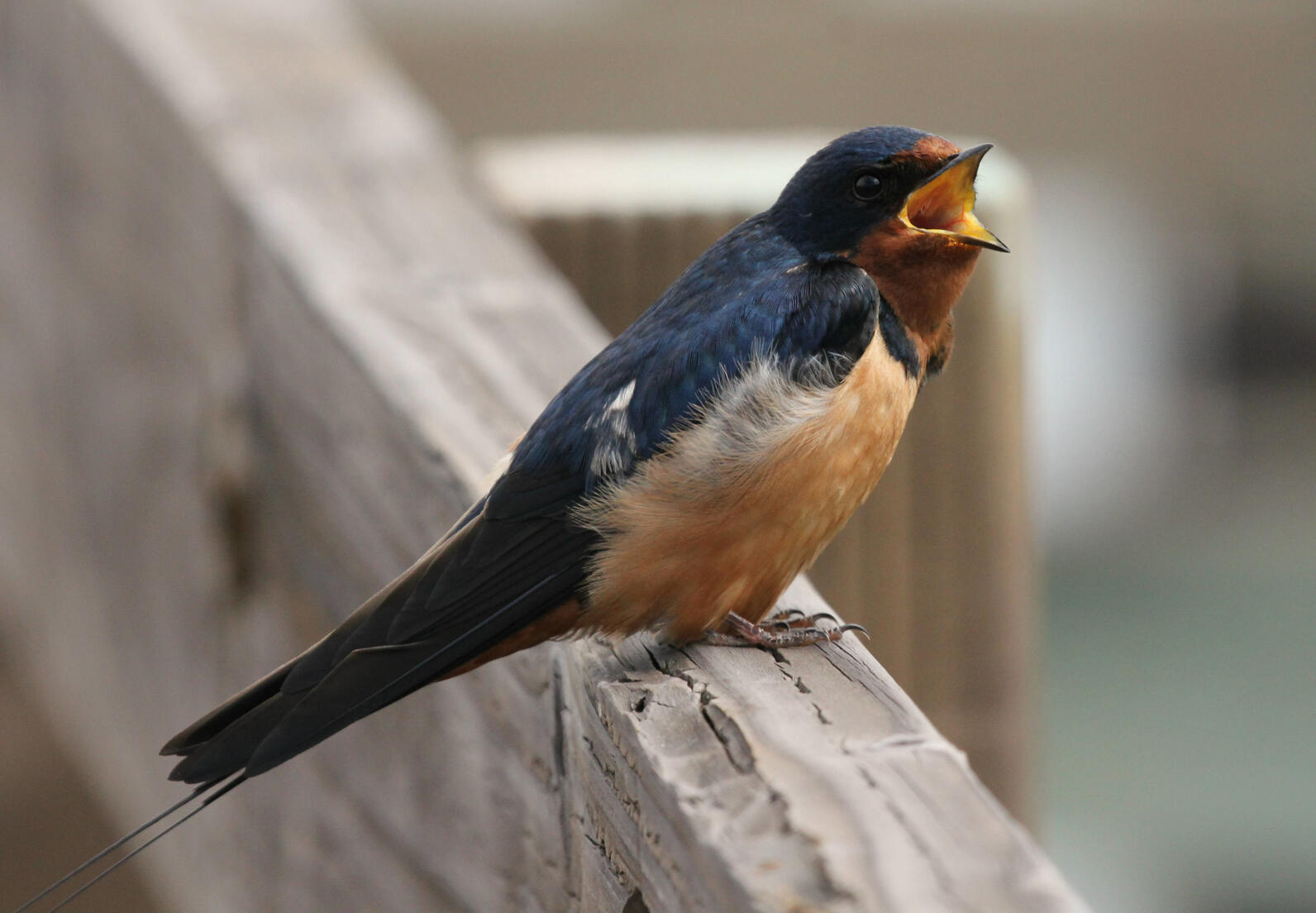In an impressive display of progressive policy-making, Vermont has achieved significant legislative milestones that promise to protect its natural heritage, promote sustainable development, and invest in the future of our youth. The recent passage of bills H.706 and H.687 is a significant indication of the state’s commitment to conservation and smart growth, while securing state funding for the Serve, Learn and Earn program underscores a dedication to workforce development and training the next generation of leaders.
Banning Neonic Pesticides: A Victory for Wildlife and Public Health
Bill H.706 represents a crucial step forward in the battle against harmful pesticides. By restricting the use of neonicotinoids (neonics), Vermont is setting a high standard for environmental protection. Neonics have been shown to have devastating effects on various wildlife, particularly songbirds. Even at low doses, these chemicals can disrupt birds' ability to orient themselves for migration, cause significant weight loss, and negatively impact reproductive success. These findings underscore the urgency of limiting neonic use to safeguard not only bird populations but also Vermont’s farms and communities.
Vermont’s initiative mirrors the New York Birds and Bees Protection Act, which similarly curtails neonic usage. The passage of such bills in both New York and Vermont sets a powerful precedent for other states to follow, potentially leading to broader adoption across the nation.

Reforming Act 250: Balancing Housing Needs and Environmental Protection
After years of intense negotiations and despite a veto by Governor Scott, Bill H.687 has finally passed, marking a monumental update to Act 250, Vermont’s land use and development law. This reform is a win for both environmental advocates and those pushing for more housing solutions. The bill introduces a tiered approach to streamline environmental reviews and fosters development in growth areas, such as downtowns and village centers. It will promote well-planned housing while minimizing forest fragmentation and protecting critical natural resource areas. This groundbreaking reform represents a balanced approach, addressing the urgent need for housing while ensuring that environmental protection remains a priority.

Empowering Youth Through Serve, Learn and Earn
Securing state funding for the Serve, Learn and Earn program is another significant achievement. This workforce development initiative is designed to provide Vermonters with meaningful opportunities to engage in community service, gain valuable work experience, and develop leadership skills. By investing $2,000,000 in the program, Vermont is making a clear statement about the importance of workforce development and empowering youth and young adults to be the leaders of tomorrow.
The recent legislative successes in Vermont are cause for celebration. The passage of bills H.706 and H.687, along with the secured funding for the Serve, Learn and Earn program, reflects policy-making that prioritizes environmental stewardship, sustainable development, and youth empowerment. These achievements not only benefit birds and the environment, but also enhance the quality of life for Vermont’s communities. As other states look to Vermont as a model, the potential for widespread positive impact grows, promising a healthier, more sustainable future for all.









